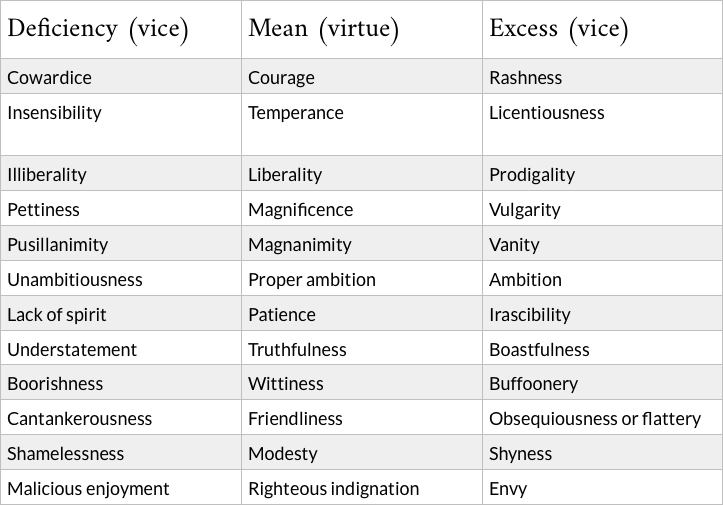

Mom to two trilingual (bragging) beautiful little girls currently trying to improve my Mandarin and ready to rule the universe. This lady is a happy gal living downtown Minneapolis, Minnesota. What do you think about the battle of virtue and vice? Are the lists accurate? What is missing? Do we need virtue and vice at all to have a discussion about morality? Do we need something in addition to them? What is the good? What is the bad? How do you define them? This use of language and the vivid images that come to mind as I imagine a philanthropic Oprah Winfrey taking down “greed is good” Gordon Gekko are fascinating. The apparent “cures” for the seven deadly sins are as follows…īy practicing the virtues one is supposed to become protected against the temptation of the corresponding evil vice. There are “contrary virtues” actually thought to cancel each other out. This idea of virtues and vices in battle and being capable of neutralizing each other strikes me as interesting. The New Testament also explored these virtues and Aurelius Prudentius Clemens clearly defines seven holy virtues in Psychomachia. We have previously discussed one of these virtues thus far, check out justice here. The four virtues first suggested by Plato are wisdom, courage, justice, and temperance. Each of these philosophers were looking for a means to achieve the good life by seeking the sort of admirable and desirable quality or qualities that make someone good. Actually, our pal Socrates did his best to discover a single virtue before them. The seven holy virtues began as four at the quills of two Grecians, Plato and his student Aristotle. Everyone really liked his ideas and he helped to make Christian holy virtues quite popular. In the end, Aurelius’ Christian virtues defeated the Pagan vices and all was well again.


He personified each of the virtues and vices and let them battle it out. For those who are interested but not so skilled in latin, an english translation is available here. His work is known as Psychomachia or “Contest of the Soul” because it details the battle between the evil vices shown above and the virtues of good. Well, way back in 410 AD, a guy by the name of Aurelius Prudentius Clemens wrote a piece of epic poetry called Psychomachia (if you read well in latin, I am jealous, and your can read it here). Ok, so now you have some familiarity with the seven deadly sins if you had absolutely none before. There are many lists of sins including King Solomon’s biblical list of “ six things the Lord hateth, and the seventh His soul detesteth,” or the eight evil thoughts that monk Evagrius Ponticus developed around 350 AD, both quite different than the more well known list of sins refined by Pope Gregory and explained in Dante’s The D ivine Comedy: Seven Deadly Sins Signpost from The Last Word on Nothing by Michael Soule
#ARISTOTLE VIRTUES AND VICES LIST MOVIE#
Perhaps you have seen the 1995 movie Seven, perhaps you know a Catholic, grew up Catholic, are a Catholic, or just like to read. I am sure you have heard of the seven deadly sins.


 0 kommentar(er)
0 kommentar(er)
